|
This post explores the advantages of ballpark pricing for editors and proofreaders.
What's a ballpark quote? Ballpark pricing is that which gives the client an initial and fast indication of what a project might cost. There's no project evaluation involved, which means the editor's working with numbers based on average speeds, and the client's working with word counts or some other given element (e.g. a web page of up to X words; a publishing 'page' of 250 words; X hours of the editor's time, etc.). Ballparks can be provided on rate cards, web pages, via online instant-quote widgets, or via email or phone. Ballpark prices don't suit every editor Spark up a conversation with fellow editorial professionals about providing quick-quotes and you won’t find a consensus on whether it’s a good idea or a bad idea. Certainly, not everyone in our profession is prepared to offer ballpark quotations, and some even consider the decision to do so as controversial. So how do we know whether it would be good for our own business if there’s no consensus? The best way is to test it for a fixed time period and evaluate the impact.
Advantage 1: No time-wasting
Some years ago, I arranged for a sales rep to visit with a view to securing a quote for some new windows to be fitted. I took the rep around our house and showed him which windows needed replacing. Then I sat through a 45-minute pitch about the company and the quality of its products. I was frustrated after five minutes and couldn’t wait to get the guy out of the door. While quality is important, and the fine detail might have been useful later, I didn’t want to spend my valuable time listening to someone selling a product to me that ultimately I couldn’t afford. I wanted a ballpark price upfront. Many of our clients are no different. If a self-publishing customer has a figure of £400 in her head for an 83,000-word proofread, and my ballpark quotation is £500, we’ll probably continue the discussion because the gap between what she wants to pay and what I want to charge is bridgeable. If my ballpark quotation is around the £1,500 mark, it's a different story. That’s nearly quadruple what the client hoped for. I’m certainly not going to come down by 70%, and I doubt they'll go up by 375%. My public rates are created by estimating the time it will take to complete an editing project and pricing that time in such a way that I earn what I want and need in order to make my business sustainable. My client’s preferred price is based on ... actually, I have no idea what it’s based on. And it doesn’t matter what it’s based on. All that matters is that neither of us has wasted each other’s time having a lengthy email discussion about the value I bring to the table set against the financial pressures they're under when, in fact, we’re just not a good financial fit for each other at this point in time. My time has a cost to it. My customer’s time has a cost to it, too. The ballpark figure allows both of us to move on quickly and spend our time in ways that are more appropriate to each of us. Says freelance copywriter, trainer and speaker Ed Gandia: ‘As a freelance professional, your most valuable non-renewable resource is time. You must use it wisely. So when you spend two or three hours “educating” a prospect on the value of your services (and why you’re a much better option than someone charging one-tenth of what you charge), you’re using up valuable billable time. [...] There are enough prospects who understand the value of what you offer to save you from wasting time with those who don’t. [...] Yes, it’s hard to see a potential client walk away because you won’t budge. But, let’s face it. If his budget is 75% less than your absolute minimum fee … what’s the point?’ (‘Why You Must Quote a Ballpark Figure’, Freelance Folder, 2010). Copywriter Steve Slaunwhite concurs: ‘What if a prospective client is cheap and not willing to pay professional rates for professional work? Wouldn't you rather find that out right away instead of wasting an hour or two (or even longer) preparing and submitting a formal proposal?’ (‘Should You Give the Client a “Ballpark” Price Before You Quote the Project?’, American Writers & Artists, Inc., 2011). And here’s another supporter, my colleague Adrienne Montgomerie. Montgomerie has a widget on her website than enables potential clients to ‘watch the time and cost estimate build before your eyes’ (‘Stop Wasting Time On Estimates’, Right Angels and Polo Bears, 2014). Montgomerie’s instant estimator is based on an average, ‘the mean of all projects I have ever worked on’. To offer a confirmed price, Montgomerie, like most editors, would need to understand the guts of the project – which means seeing a decent-sized representative sample and knowing the full word count, the subject matter, what rounds of editorial intervention the project has already been through, the deadline, and so on.
Advantage 2: Engaging with the client
Some customers simply want to know the price quickly. It’s not that they're trying to get our services on the cheap, or that they don’t value what we do for them. Rather, they want to be able to plan their budget as quickly as possible. Consider, again, the author mentioned above. They have an 83,000-word novel that needs proofreading. She has no idea what proofreaders charge, but she does want to hire one and is prepared to find the funds necessary to secure the services of a an editor who instils confidence in her. She’s looked online and found a few whose websites she liked and who made her feel like she’d be in safe hands with them. To some extent, the value those proofreaders will bring to the project has already been acknowledged. At this stage, she wants to get a feel for what her investment will likely be – will she need to save up or does she already have the funds in place? Acquiring a ballpark figure prior to having a lengthier discussion about the proofreading process will help her to get the ball rolling. In some cases, the ballpark price enable us to engage with the customer and nail the deal before they’ve had a chance to search elsewhere. Here’s Slaunwhite again: ‘[W]hen you quote a ballpark price, some clients will be satisfied and give you the go-ahead right away. [...] I've had many projects where I quoted a ballpark price and the client said, “Yes, that sounds fine. When can we get started?” After that, the formal quotation I send later on is just that: a formality. The project is already mine!’ (‘Should You Give the Client a “Ballpark” Price Before You Quote the Project?’).
What a ballpark isn't
Ballpark prices should be as realistic as possible. It's not a trick price to lure a client into a conversation, only for us to turn around and say, ‘Sorry, it’s going to be double the fee I quoted earlier.’ Rather, it's meant to facilitate a conversation that enables us to cut to the chase and decide as quickly as possible whether we’re a financial fit. There will be times, of course, when the ballpark and confirmed quotations are far apart because, following an assessment of the project, the level of intervention required is either beyond our skill set or requires more time. Hitting the mark comes with experience and data.
Tracking and reviewing data
Here’s Montgomerie again: ‘Of course, the reason I can ballpark with confidence is that I have kept detailed records of my pace over the years. It also helps to work on the same kinds of projects again and again. And some types of projects are more consistent than others. I’m sure there are a thousand other reasons pessimists think this won’t work. But I guarantee you, it’s worth a try. If you know assignments typically pay $5000, there’s no reason wasting everyone’s time when the budget only allows for $500’. By tracking our data, we can learn approximately how long it takes us to proofread or edit different types of material, written by different client types with varying levels of English fluency. And by recording different variables, we can, over time, extrapolate information that enables us to build a picture of where the financial value lies in our client base. The fact is this: None of us knows whether our business is sustainable if we don’t know what an hour of our time costs us, or is worth to us. Taking account of project variances … When thinking about a pricing structure, consider the type of editing you do and the projects you'll be quoting for. Ballpark pricing might be less suitable for structural editing and project editing, but effective for line editing, copyediting and proofreading. Still, that doesn’t mean that every client type will be priced equally. Ballparks might vary per 1,000 words or per hour for the following reasons:
In Part 2, we'll look at some of the disadvantages of ballpark pricing.
Louise Harnby is a line editor, copyeditor and proofreader who specializes in working with crime, mystery, suspense and thriller writers.
She is an Advanced Professional Member of the Chartered Institute of Editing and Proofreading (CIEP), a member of ACES, a Partner Member of The Alliance of Independent Authors (ALLi), and co-hosts The Editing Podcast. Visit her business website at Louise Harnby | Fiction Editor & Proofreader, say hello on Twitter at @LouiseHarnby, connect via Facebook and LinkedIn, and check out her books and courses.
5 Comments
|
BLOG ALERTSIf you'd like me to email you when a new blog post is available, sign up for blog alerts!
TESTIMONIALSDare Rogers'Louise uses her expertise to hone a story until it's razor sharp, while still allowing the author’s voice to remain dominant.'Jeff Carson'I wholeheartedly recommend her services ... Just don’t hire her when I need her.'J B Turner'Sincere thanks for a beautiful and elegant piece of work. First class.'Ayshe Gemedzhy'What makes her stand out and shine is her ability to immerse herself in your story.'Salt Publishing'A million thanks – your mark-up is perfect, as always.'CATEGORIES
All
ARCHIVES
July 2024
|
|
|
|


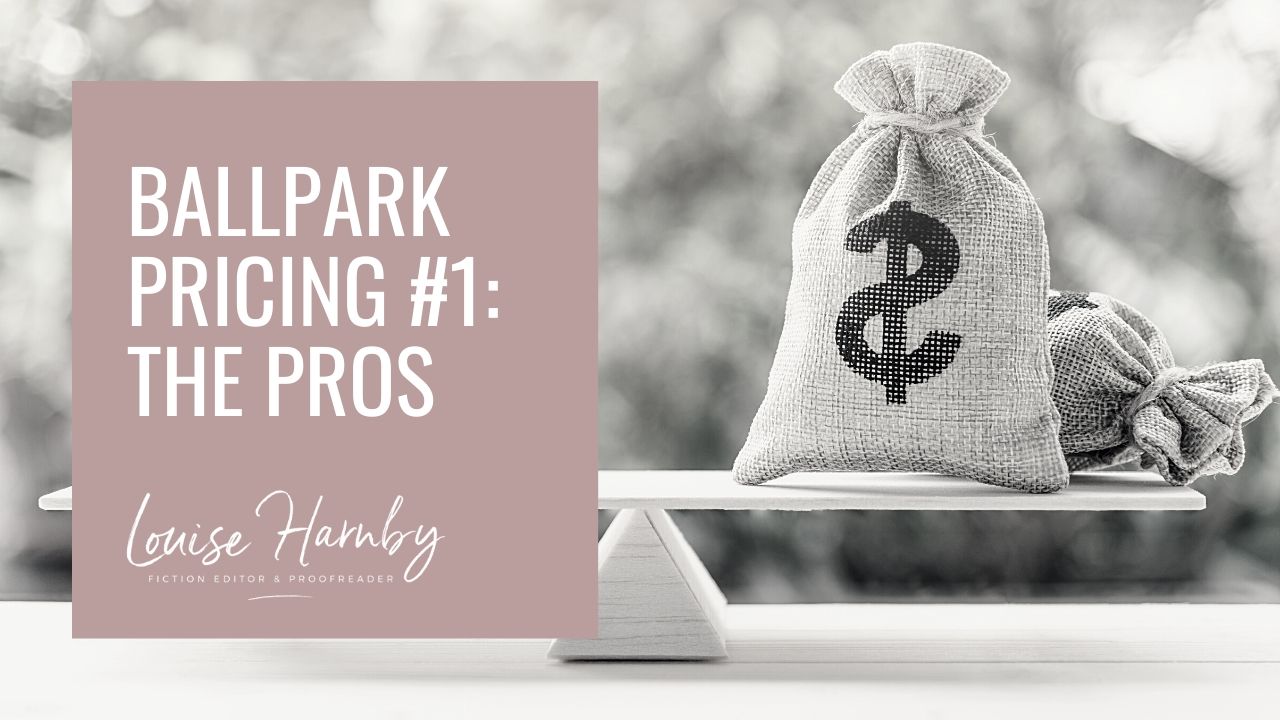
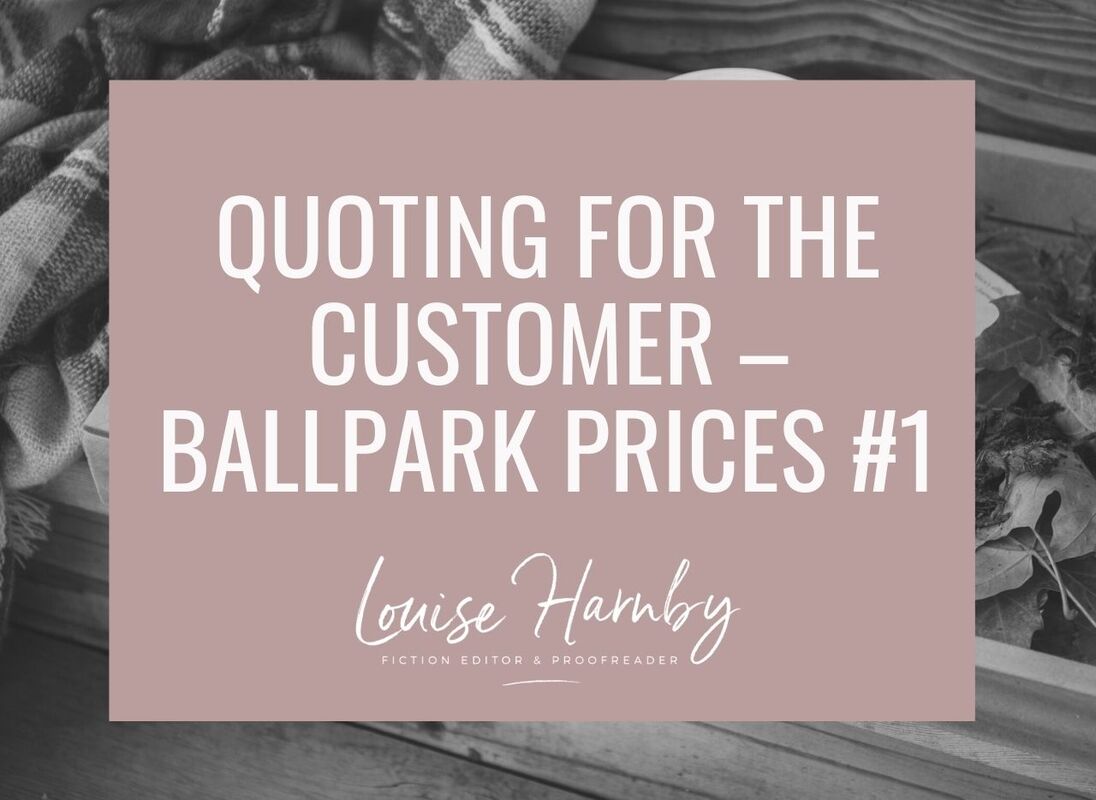

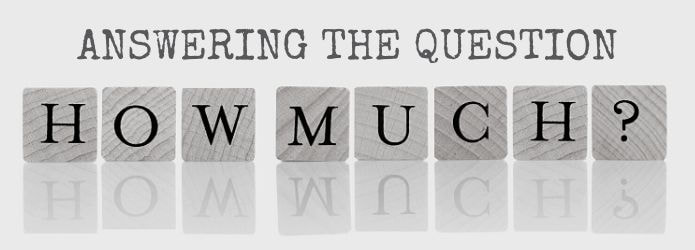
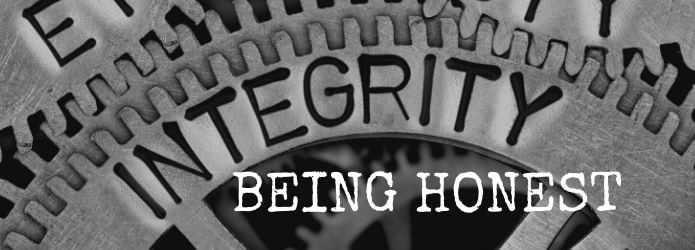

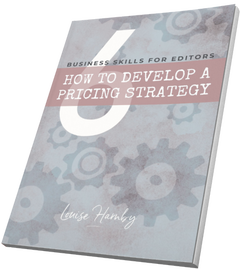













 RSS Feed
RSS Feed





